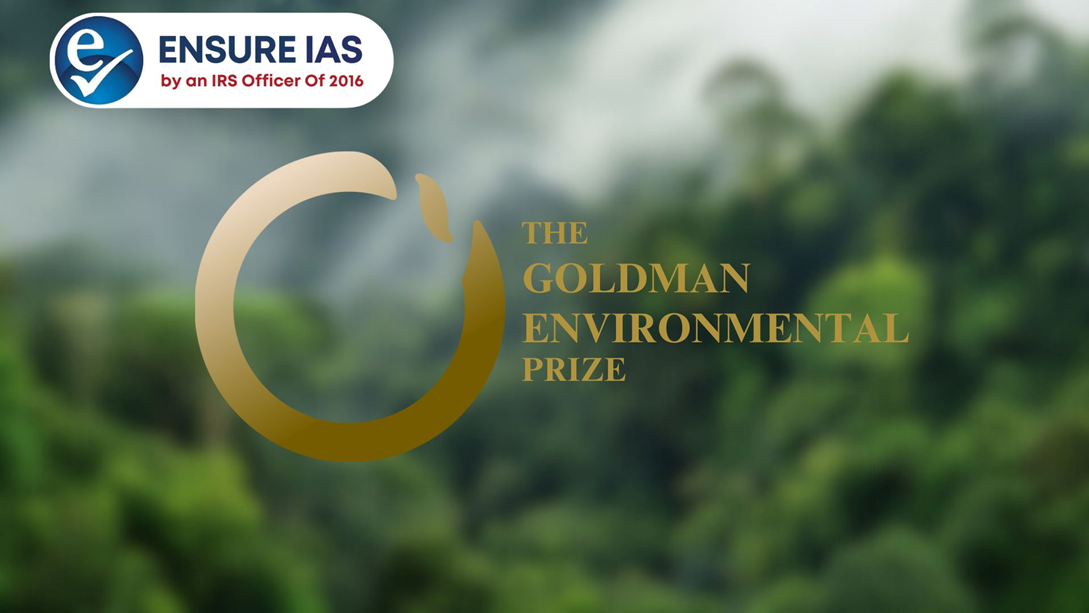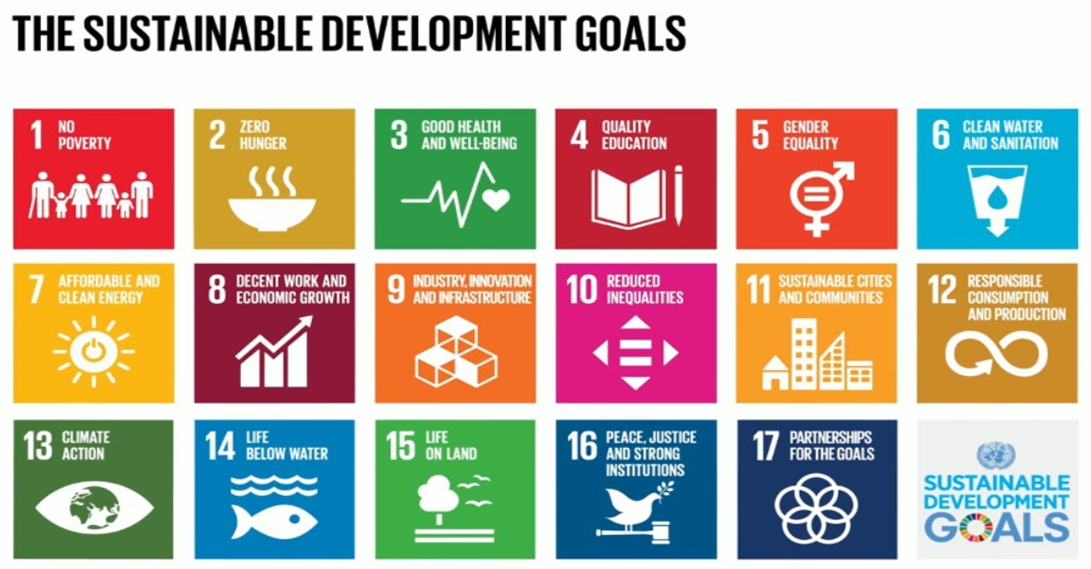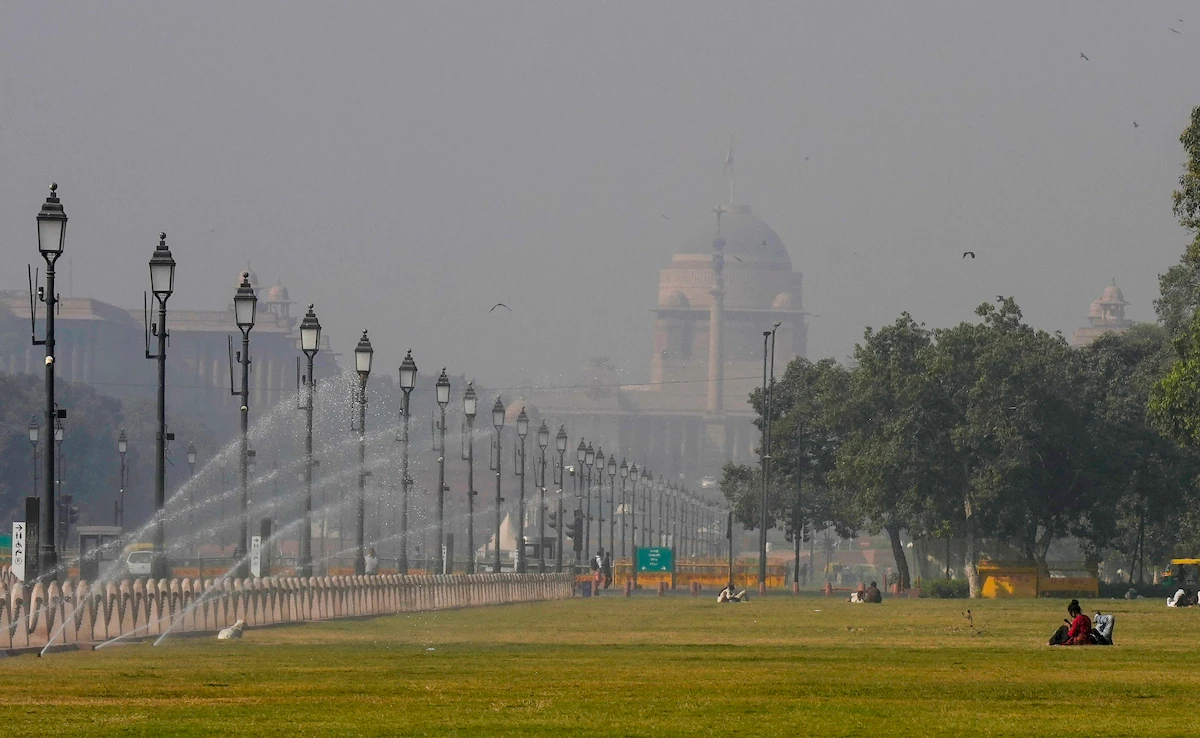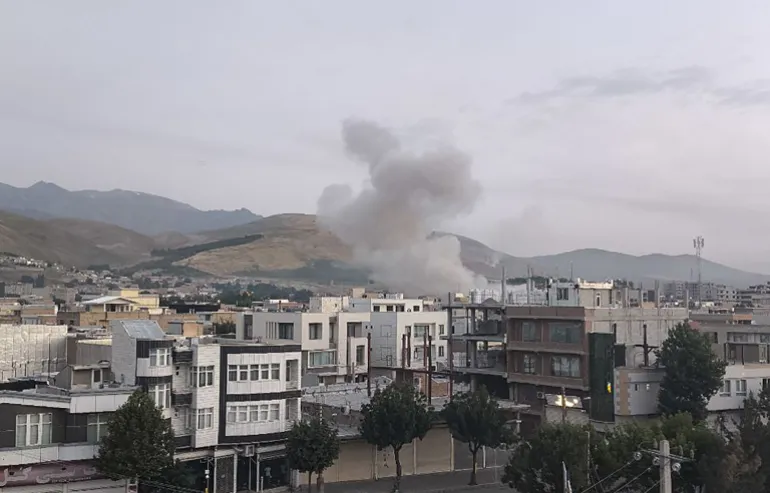- Courses
- GS Full Course 1 Year
- GS Full Course 2 Year
- GS Full Course 3 Year
- GS Full Course Till Selection
- Answer Alpha: Mains 2025 Mentorship
- MEP (Mains Enrichment Programme) Data, Facts
- Essay Target – 150+ Marks
- Online Program
- GS Recorded Course
- Polity
- Geography
- Economy
- Ancient, Medieval and Art & Culture AMAC
- Modern India, Post Independence & World History
- Environment
- Governance
- Science & Technology
- International Relations and Internal Security
- Disaster Management
- Ethics
- Current Affairs
- Indian Society and Social Issue
- NCERT- Science and Technology
- NCERT - Geography
- NCERT - Ancient History
- NCERT- World History
- CSAT
- 5 LAYERED ARJUNA Mentorship
- Public Administration Optional
- ABOUT US
- OUR TOPPERS
- TEST SERIES
- FREE STUDY MATERIAL
- VIDEOS
- CONTACT US
Goldman Environmental Prize
Goldman Environmental Prize
03-05-2024

Alok Shukla, environmental activist, has received the 2024 Goldman Prize from Asia for his dedication to protecting and enhancing the natural environment.
- Shukla, the convener of Chhattisgarh Bachao Andolan and founder of Hasdeo Bachao Sangharsh Samiti, received the prize at a ceremony held in San Francisco, United States, on April 29
About the Goldman Environmental Prize:
- Recognition: The award honors individuals who have made substantial and sustained efforts to conserve and improve the natural environment, often at great personal risk.
- Green Nobel: Also known as the Green Nobel, the prize honors grassroots environmental heroes from 6 inhabited continental regions.
- Grassroots Leaders: The Goldman Prize recognizes leaders actively involved in local efforts, where positive change is achieved through community or citizen participation.
- Inaugural Ceremony: The first Goldman Environmental Prize ceremony took place on April 16, 1990. It was timed to coincide with Earth Day.
Key Facts about Hasdeo Aranya Region:
- Sprawling Forest: Hasdeo Aranya is a vast forest in northern Chhattisgarh, known for its rich biodiversity and coal deposits.
- Geographical Location: The forest falls under Korba, Surajpur, and Sarguja districts and has a tribal population.
- Riverine System: The Hasdeo River, a tributary of the Mahanadi, flows through the region.
- Forest Composition: Hasdeo Aranya is the largest un-fragmented forest in Central India, consisting of pristine Sal (Shorea robusta) and teak forests.
What is Sustainable Development ?
- Sustainable development is an approach to economic growth and human development that aims to meet the needs of the present without compromising the ability of future generations to meet their own needs.
- It's about finding a balance between our current demands and protecting the planet's potential for the future.
The Three Pillars of Sustainable Development:
Sustainable development is often considered to be based on 3 main pillars:
- Economic Development: Creating a healthy economy that provides jobs, income, and sustains growth while using resources responsibly.
- Social Inclusion: Building societies in which everyone feels included and has equal access to opportunities, resources, and basic human rights.
- Environmental Protection: Safeguarding natural resources, reducing pollution, and protecting biodiversity and ecosystems so that our planet can continue to support our needs and those of future generations.
The Sustainable Development Goals (SDGs):

- In 2015, the United Nations created 17 Sustainable Development Goals and aimed to achieve them by 2030.
- All 193 United Nations Member States agreed on these 17 goals to end poverty, ensure prosperity, and protect the planet. These goals cover a broad range of issues, including:
- Poverty and hunger eradication
- Good health and wellbeing
- Quality education
- Gender equality
- Climate action
- Protecting biodiversity
Must Check: Best IAS Coaching In Delhi



